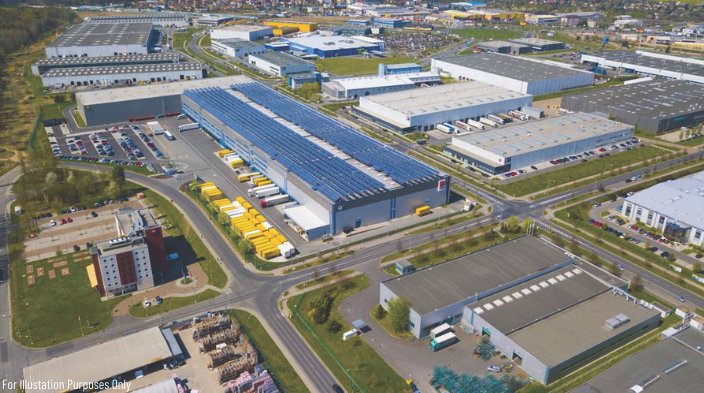

In India’s quest to become a global logistics powerhouse, integrated facilities that are strategically located at key transportation junctions and designed to streamline the movement of commodities are emerging as pivotal infrastructure hubs. By consolidating warehousing, transportation, and more under one roof, Multimodal Logistics Parks (MMLPs), are significantly improving trade. Prakash Gaur, CEO, National Highways Logistics Management Ltd (NHLML), who has worked on the conceptualisation of the mandate for MMLPs, shares his thoughts on how they will address logistics challenges faced by the country today.
As per the World Bank’s Logistics Performance Index report published in 2023, India’s logistics performance was ranked 38 out of the 139 countries evaluated. Though India’s ranking has significantly improved from 54 in 2014 to 38 in 2023, there are key areas that the government is focused on to improve further. The development of multi-modal logistics parks (MMLPs) is one of the key initiatives in this direction.
An MMLP is a logistics hub that offers seamless connectivity to various modes of transport – road, rail, waterways, etc. It acts as a one-stop solution for all logistics-related activities, including the movement, storage, and distribution of goods. The Ministry of Road Transport and Highways has identified 35 strategic locations across India to develop MMLPs. The identified locations account for more than 50% of the road freight movement in the country.
Development of MMLPs shall address three key challenges facing India’s logistics sector today, i.e., unfavorable modal mix (Road transport constitutes 60% of total freight movement in India), inefficient fleet mix (India’s fleet mix is characterized by smaller, inefficient trucks with low payload carrying capacity), and under-developed material handling infrastructure (large number of small and unorganized warehouses).
National Highways Logistics Management Limited (NHLML), a 100% owned company of NHAI is leading the development of MMLPs in public-private partnership (PPP) mode. The concessionaire is responsible for designing, building, financing, and operating the MMLP at the designated land parcel over the concession period (generally 45 years) and transferring the developed facility back to NHAI on completion of this period. Currently, MMLPs in Chennai, Nagpur, Indore, Bangalore and Jalna are under implementation. Bids have been invited for the development of MMLPs in Pune, Anantapur, and Nashik.
MMLPs across India shall facilitate a shift from point-to-point to a hub and spoke model of logistics movement, providing functionalities and services such as freight aggregation and distribution, multimodal freight movement, storage & warehousing, value-added services such as customs clearance, etc. Shift to more efficient modes of transport shall result in lower costs of logistics and storage in the country, reduced congestion, and a lower carbon footprint.
 TrafficInfraTech Magazine Linking People Places & Progress
TrafficInfraTech Magazine Linking People Places & Progress